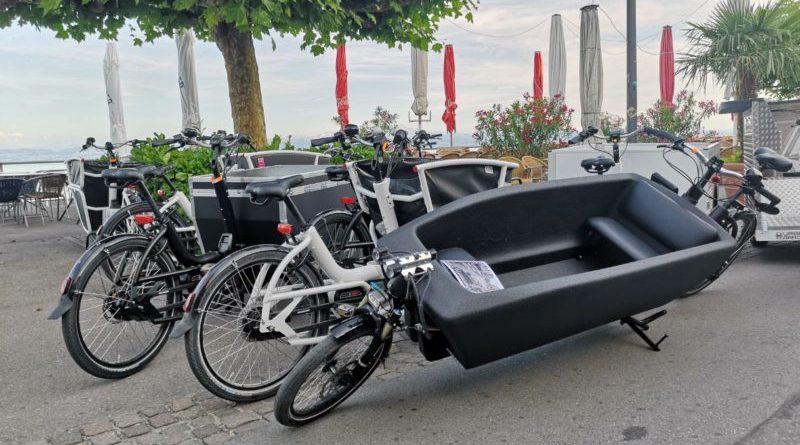European Cargo Bike sector set to grow 50% this year
Results of an EU-funded survey into the cargo bike industry’s sales suggest that sales across Europe are likely to increase by 50% this year.
The CityChangerCargoBike project undertook the inaugural study alongside 38 brands operating in the sector who provided anonymised data. The tally for European sales hit 17,800 in 2018, 28,500 in 2019 and this year is expected to surpass 43,600. The data, it is acknowledged, isn’t completely representative, but does provide one of the best indicators to date on the trend in Europe.
Growth this year is marginally slower than in 2019, but accounts for some of the impact of Coronavirus. The survey took place during May, which for much of Europe coincided with various stages of lockdown.
Further indicative of the interest in the segment, seven of the 38 participants are so new to the market that they weren’t able to supply 2018 sales data to reference. Back in 2018 none of the brands sold over 5,000 cargo bikes annually, but this year three expect to breach that level.
By country, Germany is ahead of the pack, touted as the most important country for sales by 16 of the 38 surveyed, while Denmark was cited four times. The UK and Netherlands featured 3 times.
Interestingly, commercial sales are growing almost in parallel to private sales, with market share currently almost equal. For certain retailers, like London’s Fully Charged, that balance is quickly tipping towards commercial business, for which it has become a specialist. Studies have previously illustrated how most businesses in flatter cities could save money and time by switching to cargo bike deliveries.
With interest in electric bikes running at a high, it’s unsurprising to learn that cargo bike riders are seeking out assistance when hauling a load; in 2018 31% were sold without a motor, while last year that figure was 25%.
Micro trends observed in the data illustrate that three-wheeled cargo bikes are growing marginally faster than two-wheel sales.
The survey is to be repeated in Spring of 2021. EU decision makers are increasingly looking at such data as part of policy decision; such research was quoted in the EU transport ministers’ 2015 declaration on cycling which suggested that over half of motoring trips with cargo could be completed by bicycles in EU cities.
Kevin Mayne, CEO Cycling Industries Europe and partner of the CityChangerCargoBike project,
commented: “We have identified for some time that the cargo and delivery bike market has really high potential for the cycling industries of Europe. This survey makes me very confident that we are on the right track, with the sector doing well and a diverse range of vehicles increasingly meeting all market needs across Europe.”
Berlin based cargo bike expert Arne Behrensen, editor of cargobike.jetzt and co-ordinator of the
survey, added: “50 – 60 percent annual market growth is in line with observations of CityChangerCargoBike partners who promote cargo bike use across Europe. But in many regions the cargo bike revolution is still in a very early stage. Decarbonizing transport, improving air quality and regaining public street space needs more political support for sustainable vehicles like cargo bikes.”
Trade organisation Cycling Industries Europe, for which CI.N is now a partner, coordinates the European Cargo Bike Expert Group as part of the CCCB project. Within our next Trade Journal we will carry input from this expert group that seek to provide further direction on this segment’s growth and the opportunity for bike businesses.
Related: Zedify secures fresh funding to optimise first and last mile deliveries.



